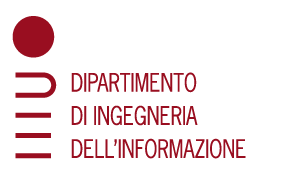Submitted by admin on
BIO The author of more than 250 technical papers and books, Chris Byrnes received an Honorary Doctorate of Technology from the Royal Institute of Technology (KTH) in Stockholm in 1998 and in 2002 was named a Foreign Member of the Royal Swedish Academy of Engineering Sciences. He is a Fellow of the IEEE and in 2005 was awarded the Reid Prize from SIAM for his contributions to Control Theory and Differential Equations. He will hold the Giovanni Prodi Chair in Nonlinear Analysis at the University of Wuerzburg in the summer of 2009 and spend the 2009-2010 academic year as Gast Professor at KTH, supported by the Swedish Strategic Research Foundation.
ABSTRACT
Power Electronics, i.e. electronic processing of electric energy (eenergy) is a key technology for improving the efficiency of electric energy utilization and the realization of renewable energy systems. This lecture first discusses the steadily growing demand for electric energy and reviews inspiring concepts of future solar power and wind power systems like Desertec and airborne high-altitude wind turbines. In this context also the ETH MEGA Cube research project aiming for an ultra compact bidirectional 1.2kV/12kV isolated 20kHz DC/DC converter is introduced. Furthermore, general applications of industrial power electronics converters are discussed and significant potentials for increasing the energy efficiency are highlighted for industrial drive systems. This naturally leads to a novel approach for Pareto-optimal design of power electronics converter considering simultaneously several performance indices as e.g. efficiency, power density and costs. The effectiveness of the new concept will be shown at the example of ultra efficient and ultra compact single-phase PFC rectifier systems for IT and supercomputer systems. Finally, potential future extensions of the application area of power electronics systems are identified and resulting challenges in research and education are summarized.






